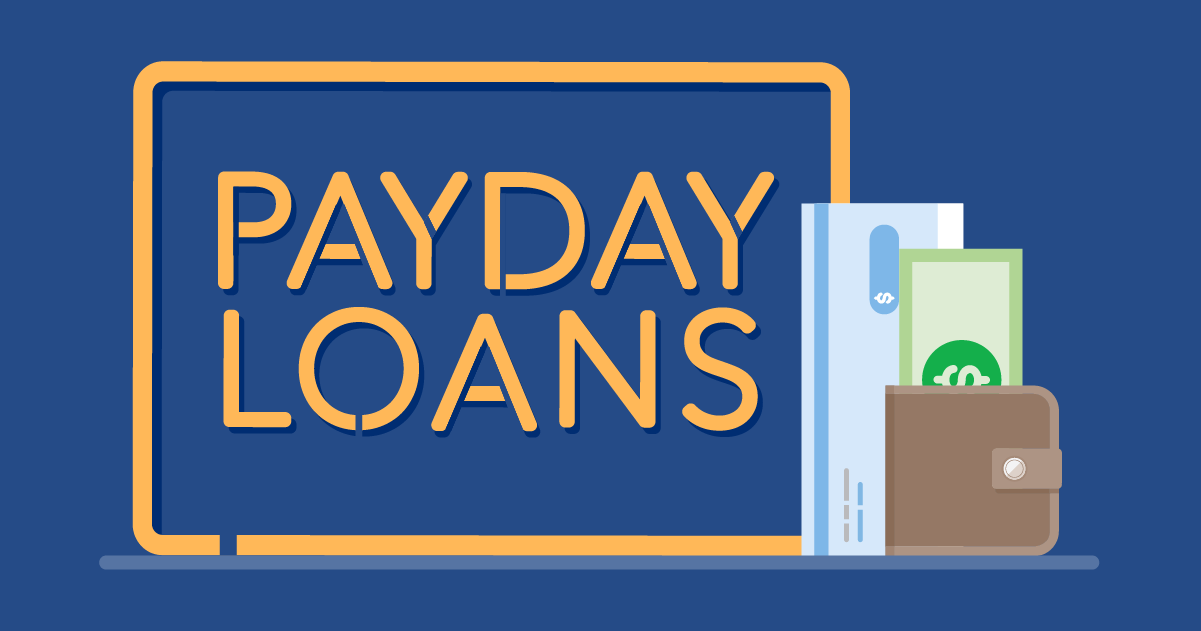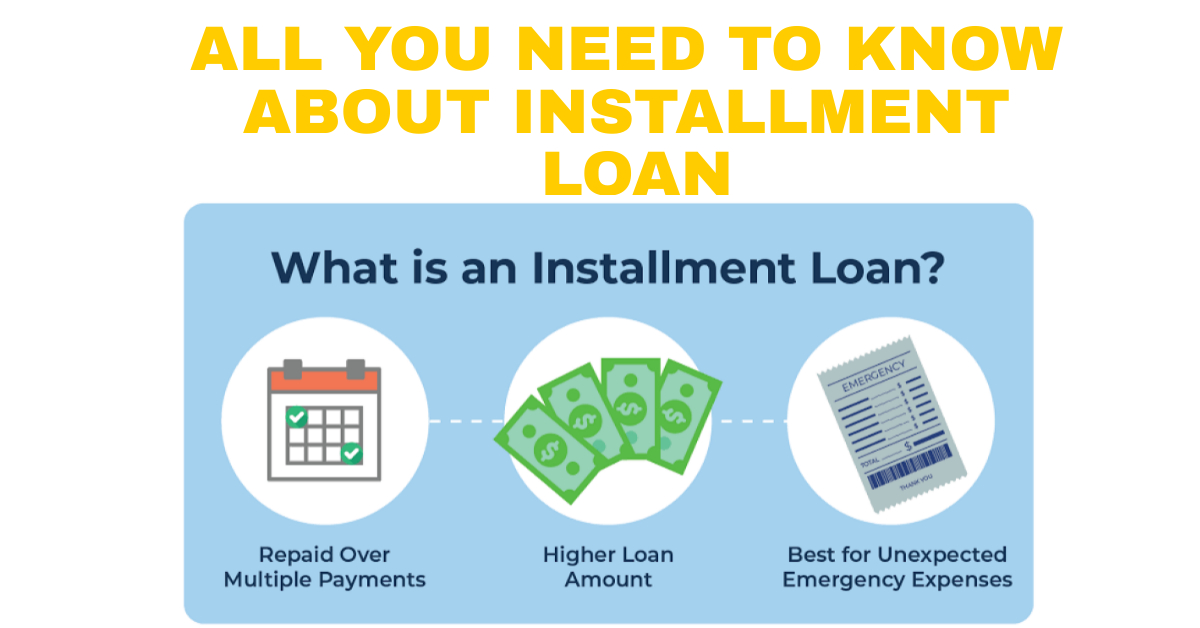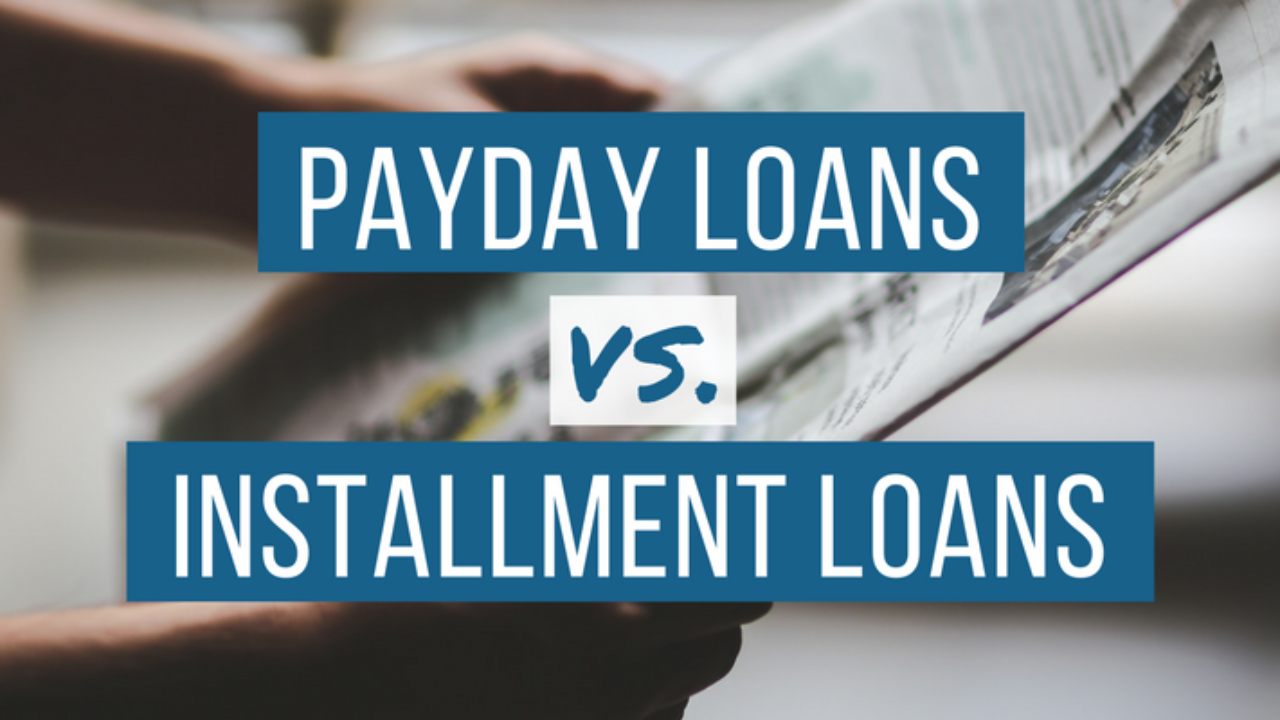Installment Loans vs Home Equity Loans – What’s The Difference?
What's The Difference Between Installment Loans vs Home Equity Loans?
In this article, we are going to discuss the difference between Installment Loans and Home Equity Loans, their benefits, and how they work.
When it comes to getting a loan to help with home repairs or other personal expenses, you might be apprehensive about which type is the better option. After all, both installment and home equity loans have their advantages and disadvantages. Here’s an overview of the differences between installment loans vs. home equity loans.
When it comes to making big financial decisions, most people prefer to do their homework and consult a qualified financial advisor before making any major financial decisions. When it comes to home mortgage loans, the differences between an HEO loan and an installment loan can be pretty subtle. Let’s take a look at what these terms mean, as well as their different implications.
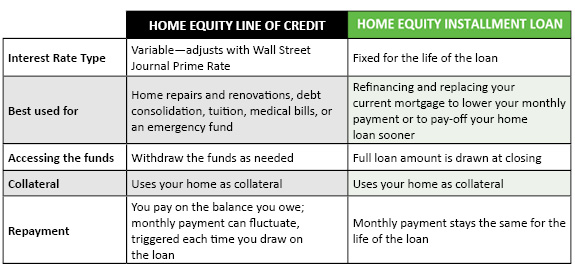
What is an Installment Loan?
A typical installment loan is made over a period of time with a set interest rate that is added to the total you owe at the end of each pay period. The length of the loan can range from 30 days to 5 years. The interest rate attached to the loan means you’ll pay it regardless of how successful your home is in selling. When you make an installment loan, there’s no equity built into the house. Instead, you borrow money against the property you currently live in. This is called an equity loan. The loan may be a consolidation loan or a new loan. If the loan is a new loan, it is sometimes called a cash-out loan. As time passes, interest rates will rise and fall based on market conditions. If interest rates rise above certain thresholds, it could affect your ability to refinance your loan at a later date.
An Installment Loan is a general purpose loan designed to be repaid over time, typically with interest. The amount of the loan is set by the borrower and determined by how much the borrower is able to pay each month. A loan with a regular schedule of repayments helps prevent oscillation in income and interest rates. However, these types of loans do not provide the flexibility of a home equity loan.
What is a Home Equity Loan?
A loan in which you borrow money from a third party, typically a mortgage lender, and then make a mandatory monthly payment to repay the loan. Home Equity loans may come with a higher interest rate than a conventional loan, but they also have a higher repayment rate. To qualify for a home equity loan, your lender will look at your total household income and use that number as the percent of your income that you must contribute to your loan each month. Home equity loans have the same interest rate and fee structure as a traditional loan, but you must make a minimum monthly payment. To get the best interest rate on a home equity loan, you should shop around and compare interest rates from different lenders. Keep in mind that some lenders offer special financing options for home equity loans, so be sure to ask your loan officer about those before deciding on a loan.
How Installment Loans Work
A monthly loan with a fixed interest rate is usually set at prime interest. The loan amount is determined by bank or credit union policy and may be increased for special needs or high-risk borrowers. Some lenders may offer an option to “load” a loan into a higher rate, but this is not common. You make regular monthly payments, typically around 30% of the loan amount. The loan is guaranteed by the Credit Union and is often insured by the Federal Trade Commission. To get a lower interest rate, you may be required to make larger monthly payments. How Installment Loans Work (Cont’d) After you make regular monthly payments for a period of time, the lender may reduce your interest rate or end the loan with no penalty. If you make less than the minimum required payment, the lender will stop repaying the loan. You can end the loan without penalty, or call it a termination.
If you decide to call it a day before the loan is paid off, the lender will usually send you a final bill. Your final bill may include accrued interest, late fees, and other charges. You can contest most charges in court but it’s a slow and expensive process.
How Home Equity Loans Work
Home equity loans work much like personal loans. The difference is that you borrowed the money from a third party – your mortgage lender. The amount borrowed is based on your home value, and you make monthly payments for less than the value of your home. Home equity loans are debt loans and are “owed” to the lender. If you make the required payments, the lender will send no money to a collection agency. The loan is guaranteed by the Federal Trade Commission and is often insured by the FHA. To get a lower interest rate, you may be required to make larger monthly payments. The amount of the loan may be calculated by using your home’s marketed value or its current market value.
To qualify for a home equity loan, your lender will look at your total household income and use that number as the percent of your income that you must contribute to your loan each month. The loan amount will be based on your income as well, and you must pay it back with interest. To get the best interest rate on a home equity loan, you should shop around and compare interest rates from different lenders. Keep in mind that some lenders offer special financing options for home equity loans, so be sure to ask your loan officer about those before deciding on a loan.
Home equity loans are debt loans with a higher interest rate than a conventional loans. However, they are issued by a third party and you make monthly payments. There are several types of home equity loans, with different terms and features. An equity loan is when you borrow money from a third party in exchange for an asset. The most common type of equity loan is a home equity loan.
How Installment Loans Are Calculated
The main difference between a short-term loan and short-term security and a long-term loan is the length of the term. A short-term loan is generally for a month or a few months, while short-term security is good for 30 days. The main difference between a long-term loan and long-term security is the amount the lender is willing to risk on the loan. The amount of the loan is calculated using three simple but important factors: the original loan amount divided by the current market value of the collateral (the home). The monthly interest rate is also a function of the market value of the collateral at the time of loan application. The amount of loan repayment is also determined by the market value of the collateral at the time of loan repayment.
When Is the Best Time to Apply for an Installment Loan?
The best time to apply for an installment loan is during periods of high property appreciation. If you are planning on staying put, a home equity loan is a good option. It doesn’t lose value when your house sells, so you won’t be paying extra every time it is appraised. Also, some home equity loan programs offer a bonus if you make a certain number of payments before your loan is paid off. If you are thinking of buying a home, now is the time to start your research. The best time to get a mortgage is usually near the time of purchase. The best time to buy a house is usually the lowest price period. And, the best time to get a credit score is usually near the time of application.
Pros and Cons of Each Type of Loan
As you can see, there are plenty of pros to both types of loans. Both cash-out and home equity loans come with perks such as zero% interest and lower monthly fees, but they are different enough to warrant consideration. Here are a few things to consider when deciding which type of loan is best for your situation:
Home Equity Loan vs. Installment Loan: What’s The Difference?
– Duration: Home equity loans last longer than installment loans, but they do come with a higher interest rate. You should think about how long you want to pay off your loan before you make a decision about which type of loan is best for you.
– Timing: The best time to take an installment loan is usually during the first few months after a home purchase. The best time to take a cash-out loan is usually near the time of application. The best time to buy a house is usually at or near the time of purchase.
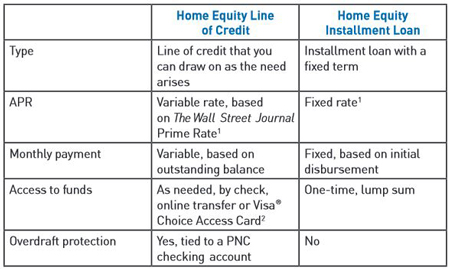
Conclusion
In the end, the decision between a home equity loan or an installment loan is really down to you. Both types of loans offer similar benefits, and it’s up to you to decide which type of loan is right for your financial situation. If you are looking for a short-term loan, an installment loan is a great option. They come with no interest and a lower monthly fee than a cash-out loan. But, if you are looking for a long-term loan, a home equity loan is the best option. They come with no interest and a lower monthly fee than an installment loan.



